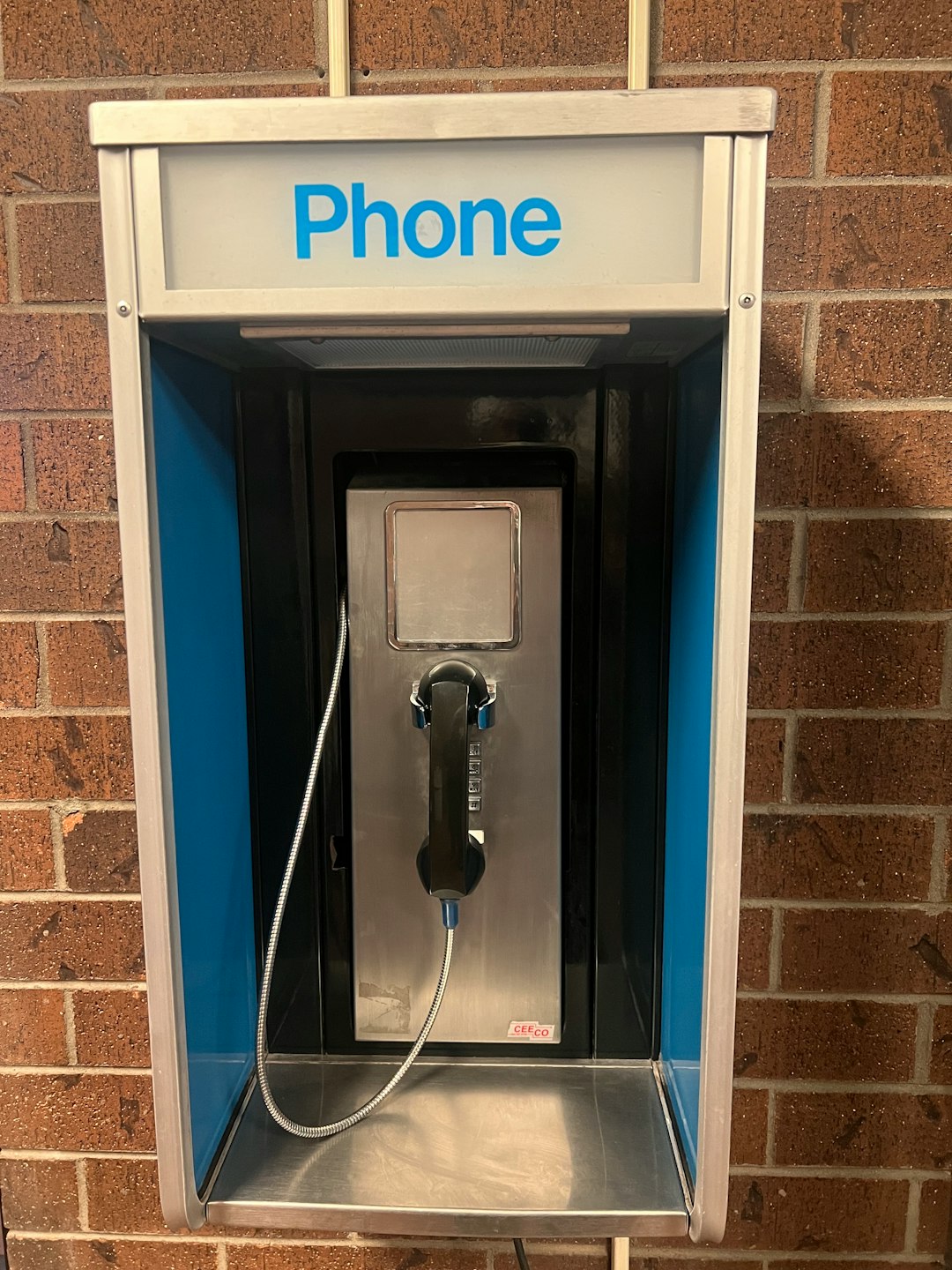Robocalls and spam texts are a growing problem in Kansas, but residents have legal protections thanks to TCPA, state Do Not Call laws, and robust DNCL from KCC. Specialized robocall lawyers and attorneys help clients register complaints, seek damages, block unwanted calls/texts, and navigate spam call laws. Engaging legal experts ensures businesses comply, offering relief for persistent issues and protection against privacy violations.
Tired of relentless robocalls and spam texts? You’re not alone. Kansas residents face a constant barrage of these intrusions. Understanding your legal rights is the first step to reclaiming control. This guide navigates Kansas’ robust do-not-call laws, explains how to register for protection, and outlines your options if you’re targeted, including suing robocallers. Discover top-rated law firms specializing in robocall cases, empowering you with a powerful tool against unwanted communications with a Kansas robocall lawyer by your side.
Understanding Robocalls and Spam Texts in Kansas

Robocalls and spam texts have become a ubiquitous nuisance in Kansas, with many residents receiving unsolicited calls and messages from telemarketers and scammers daily. These automated communications, often disguised as legitimate offers or warnings, can be particularly intrusive and frustrating for Kansans. In an effort to curb this growing issue, several laws have been enacted to protect consumers and provide avenues for recourse against robocallers and spammers.
Understanding these laws is essential for anyone looking to assert their rights and put a stop to unwanted calls and texts. A Kansas robocall lawyer or attorney specializing in spam call cases can offer valuable guidance on navigating these regulations, which include the Telephone Consumer Protection Act (TCPA) and state-specific Do Not Call laws. These legal experts can assist individuals and businesses in registering complaints, seeking damages for violation of their privacy, and implementing measures to block future robocalls and spam texts effectively.
Legal Framework: Kansas' Do Not Call Laws

In Kansas, the fight against robocalls and unwanted text messages is supported by robust legal frameworks designed to protect residents from intrusive marketing practices. The state’s Do Not Call laws are a cornerstone of this protection, mirroring federal regulations while offering additional safeguards specific to Kansas. These laws empower individuals to take control of their communication preferences, especially regarding automated calls and messages, often known as robocalls.
If you’re facing a deluge of spam calls or texts, considering legal action with a robocall lawyer in Kansas can be beneficial. Specialized law firms across the state are equipped to handle cases involving violation of Do Not Call laws, ensuring that businesses adhere to regulations and providing recourse for victims. By consulting a robocall attorney in Kansas, you can explore options to stop these nuisance calls and texts, asserting your rights under the state’s spam call laws.
How to Register for Kansas' Do Not Call List

In Kansas, a robust Do Not Call List (DNCL) helps residents combat robocalls and unwanted text messages. The process to register is straightforward and can be done online or by phone through the Kansas Corporation Commission (KCC). By signing up, you grant permission to receive calls only from people or businesses with your prior consent. This measure significantly reduces the volume of spam calls and texts you receive daily.
Remember that specific laws surrounding robocalls and text messaging are in place to protect consumers, and violators can face penalties. For those dealing with persistent robocalls or seeking legal advice on how to stop them, consulting a robocall lawyer in Kansas is advisable. These attorneys specialize in navigating the state’s spam call laws and can provide guidance tailored to your situation, ensuring you’re protected against unwanted communication under current Kansas regulations.
Your Rights: Suing Robocallers as a Kansas Resident

As a Kansas resident, you have specific rights when it comes to dealing with robocalls and spam text messages. According to the Kansas Spam Call Law (K.S.A. 58-2347 et seq.), businesses are prohibited from making automated, prerecorded, or artificial voice calls to Kansas residents without their prior express consent. This law also applies to texts, ensuring that you have the right to refuse and block these unwanted communications.
If you’ve been a victim of repeated robocalls or text spam, considering legal action is an option. A robocall lawyer in Kansas or spam call attorney can help you understand your rights and take appropriate steps. They can assist with filing complaints against the offenders, seeking damages, and ensuring they adhere to the state’s do not call laws. Don’t hesitate to reach out to a legal expert specializing in these areas to protect your privacy and put an end to harassing calls or texts.
Reputable Law Firms Specializing in Robocall Cases in Kansas

If you’re tired of receiving unwanted robocalls and spam text messages, it’s good to know that there are reputable law firms in Kansas dedicated to helping victims navigate the complexities of robocall laws. These specialized firms employ experienced attorneys who understand the do-not-call regulations and have a proven track record in taking on robocall cases. Engaging the services of a robocall lawyer in Kansas can offer several benefits, such as legal counsel tailored to your situation, guidance on how to file complaints, and potential financial compensation if you’ve been harmed by these intrusive calls or messages.
In Kansas, there are numerous law firms that focus on consumer protection and have expertise in handling robocall cases. These professionals can help you understand your rights under the state’s Spam Call laws and take appropriate action against the perpetrators. Whether it’s a robocall lawyer or an attorney specializing in unwanted texts, these legal experts can provide the support needed to stop the annoyance and hold the culprits accountable. Remember, knowing your rights is the first step; reaching out to a qualified legal representative is the next vital move.






